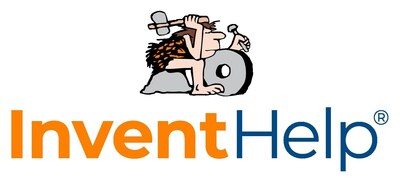Bringing education and communities together
, 2023-05-10 23:00:39,
“We are rooted in our community,” says Dr. Scott Mertes, Mid Michigan College’s provost. “That’s really what a community college is. So, we have a mission to not only service our communities, but act as a resource and bring people together in our communities.”
And bringing people together is what they do.
For example, Mid Michigan College offers opportunities in the form of book clubs and workshops about Medicare, self-help, art, cake decorating, welding, dog training, and more. The Harrison campus has walking and biking trails and a disc golf course open to the public. Senior citizens have access to scholarships for taking college classes. There are professional development workshops and job training programs. There are also a number of events and projects for community members to enjoy.
Plus, so much more.
But the heart of what the college—often affectionately referred to simply as “Mid”—is all about, is bringing accessibility to education to the communities it serves.
“We definitely are really attached to our mission, which is to enable learners and transform communities,” Mertes adds. “We feel like we have a very close tie to our community to try to address local needs.”
One of the ways those needs are addressed is through dual-enrollment opportunities for high school students in districts around the state.
“It’s really designed to help students transition from high school to college,” explains Dr. Richard Smith, associate dean of off-campus instruction. “We offer a lot of courses that are at high school locations, Intermediate School Districts, or Regional Educational Service-area locations.”
“Our board had made a very conscious decision to reach out to areas within the state of Michigan that are not covered by a community college,” Mertes says, noting that in many cases, students in those communities would have to leave the area in order to access higher education. “It’s important for our students that they have affordable access in their communities, and it’s important to our state.”
“We’re now up to 18 locations where we offer off-campus courses,” Mertes adds. “We offer online courses to students in Newberry in the U.P., (face-to-face courses) all the way down to St. Johns, all the way west to Big Rapids and all the way east to…
,
To read the original article from www.secondwavemedia.com, Click here



 Private Internet Access gives you unparalleled access to thousands
of next-gen servers in over 83 countries and each US state. Your
VPN experience will always be fast, smooth, and reliable.
Private Internet Access gives you unparalleled access to thousands
of next-gen servers in over 83 countries and each US state. Your
VPN experience will always be fast, smooth, and reliable.

